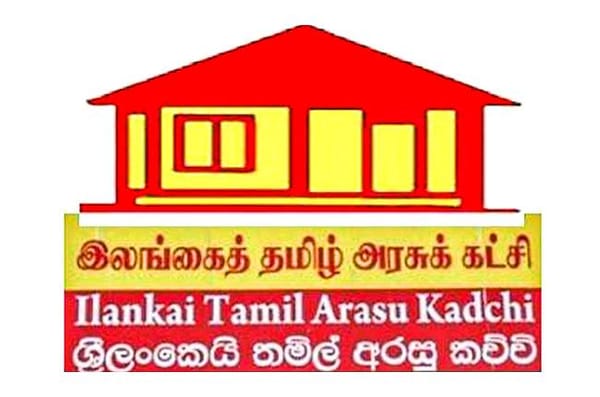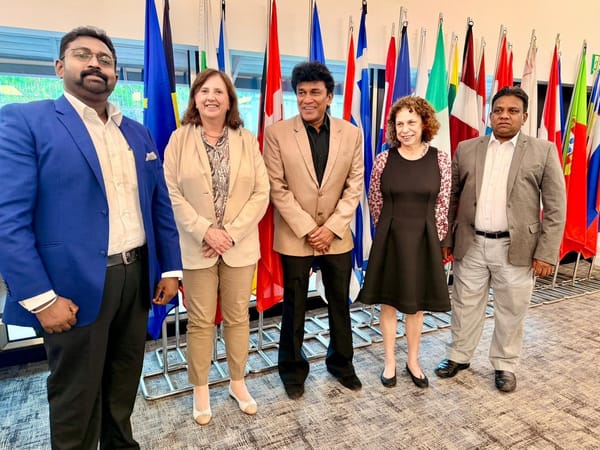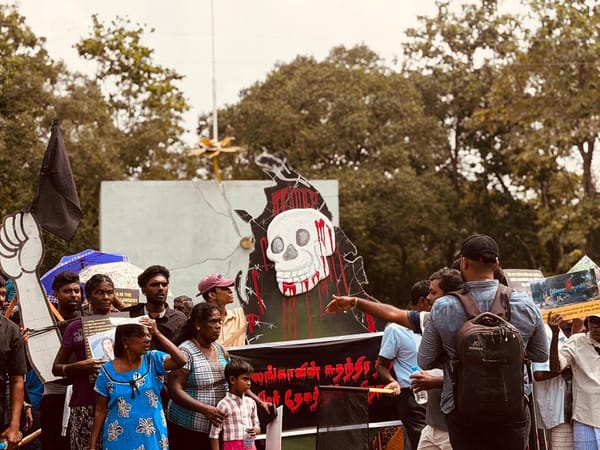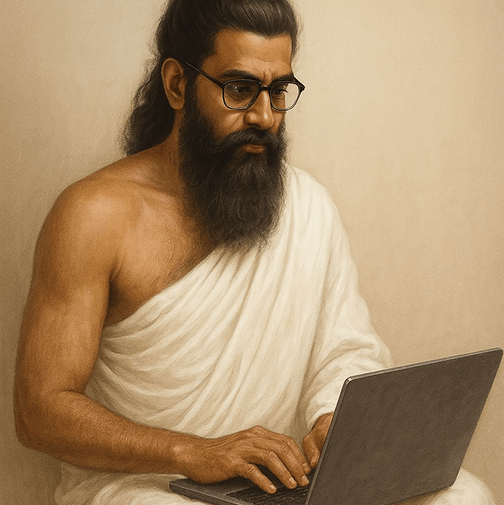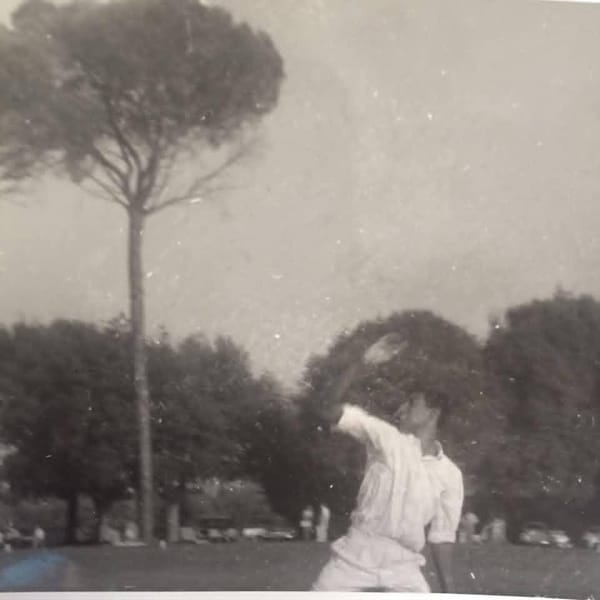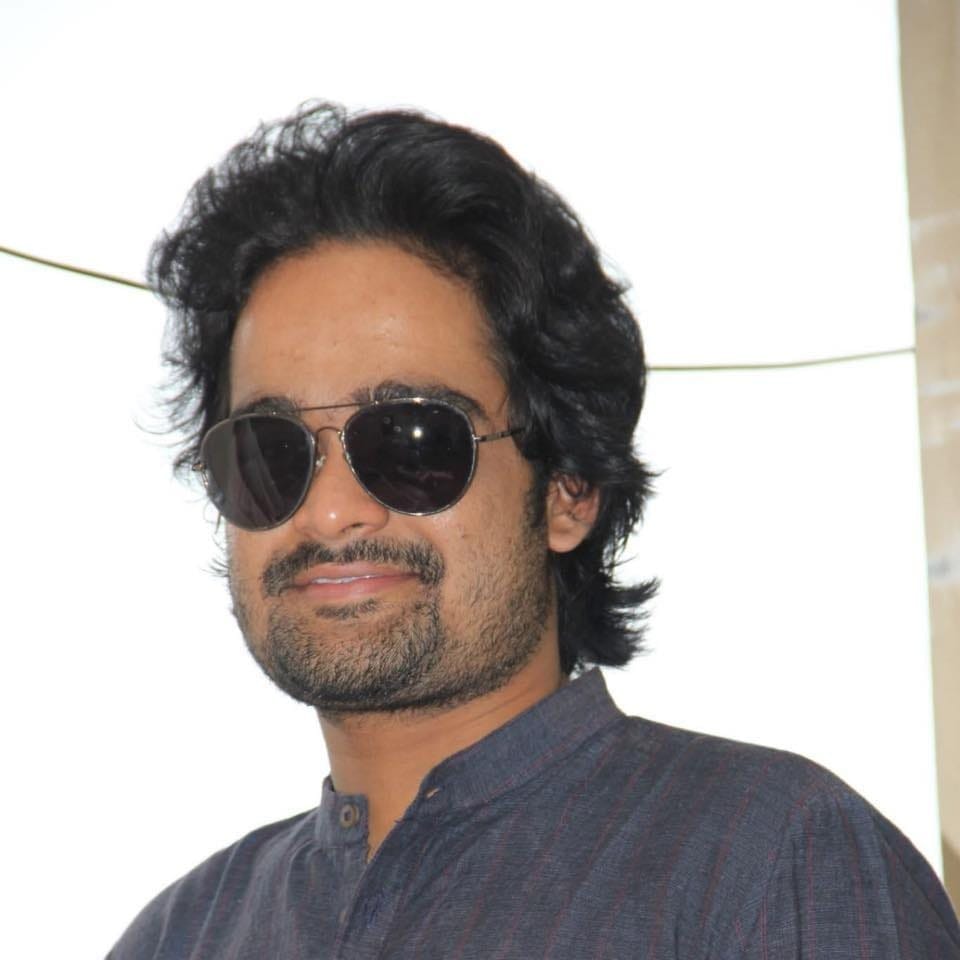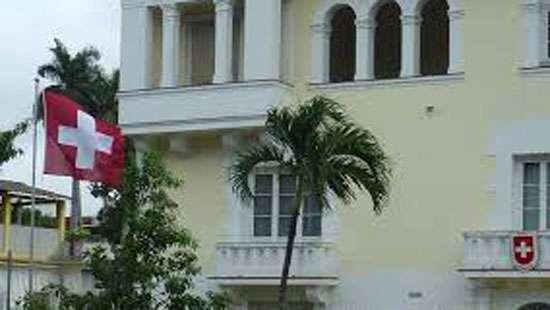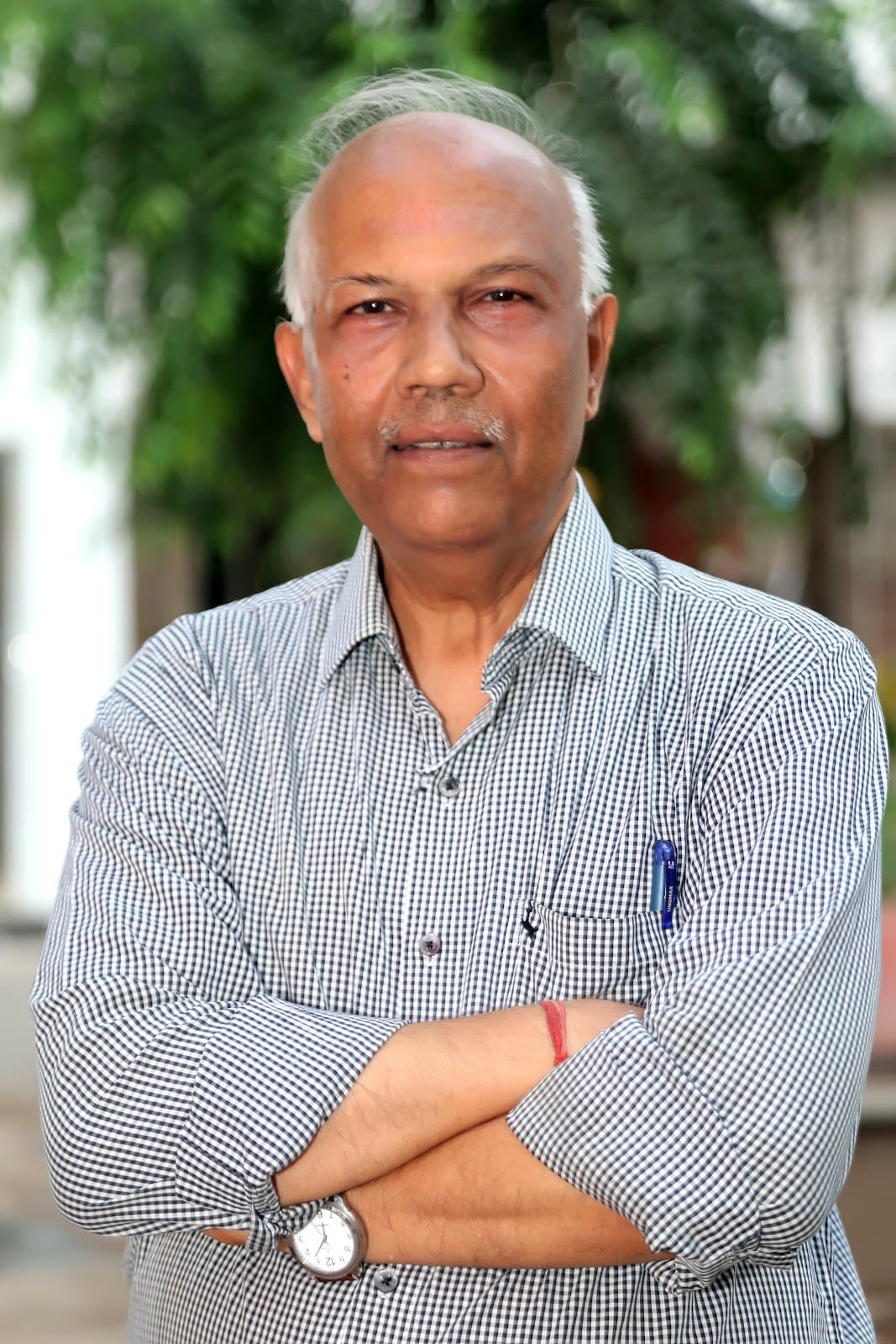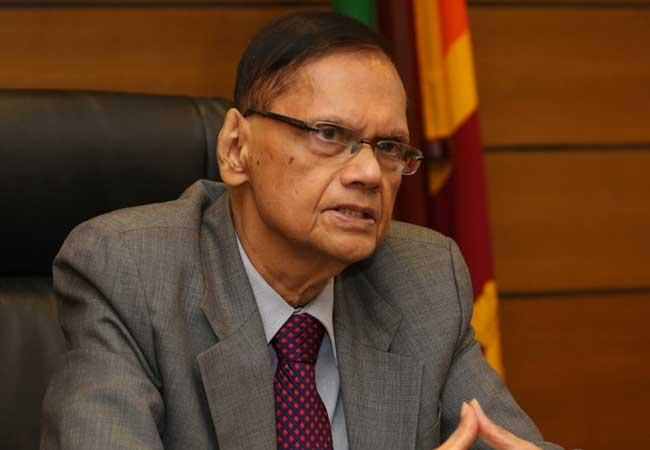The third phase of excavations at the Chemmani mass grave site has been postponed until next year due to the accumulation of rainwater at the location, officials confirmed following a site inspection.
A team led by Jaffna Magistrate S. Lenin Kumar, accompanied by Judicial Medical Officer Dr. Selliah Pranavan and lawyers Niranjan and Ranitha, visited the site to assess progress and determine the timeline for the next phase of excavation work.
During the inspection, the team discovered that rainwater had collected inside the grave site, making it unsuitable for immediate excavation activities. Following consultations, the officials decided to return on January 19, 2026, to review site conditions and plan the commencement of the third phase.
The Chemmani site has been the focus of extensive forensic investigation over two completed excavation phases. To date, 240 human skeletal remains have been identified at the location, with 239 successfully exhumed for forensic examination.
Funding for the third phase has already been allocated, ensuring that work can proceed once weather and site conditions permit safe and effective excavation.
The Chemmani mass grave has been a site of wartime atrocities, with ongoing investigations that may provide proof of the mass killings of Tamils by the Sri Lankan army during the country's civil war.
Meanwhile, the Movement for Equal Rights recently staged a protest in front of the Jaffna Bus Stand, demanding that the government reopen the Chemmani mass grave investigation without further delay. The protesters, many of whom had travelled from Colombo, alleged that the government was deliberately stalling and obstructing the ongoing probe into the site.
However, legal and medical experts have refuted these allegations, clarifying that the delay is due to technical and environmental factors, including the accumulation of rainwater at the excavation site, rather than any purposeful government interference.

